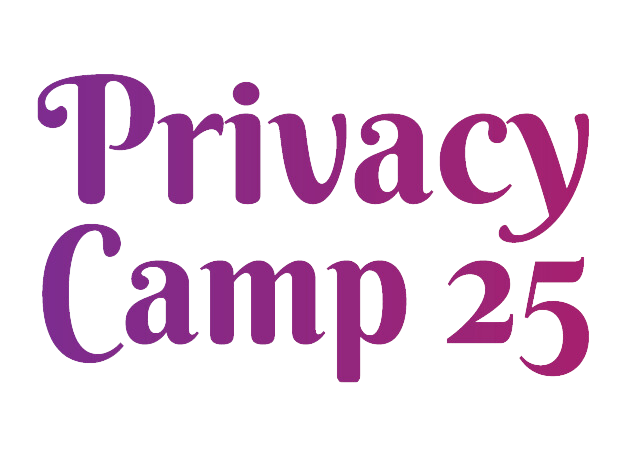Category: Uncategorized
-
Post-camp Party, Tuesday 23/1 from 7pm onwards
All good things must come to an end. But not all things end quite as dramatically and with as much suspense as this year’s PrivacyCamp! Join our post-camp party at Smouss Bar! There will be complimentary snacks, free drinks (for those with a conference badge, so remember to register to get yours) and, most importantly,…
-
Draft programme published
We’re happy to announce the publication of the draft programme for our upcoming Privacy Camp 2018 (hashtag #PrivacyCamp18). The print version of the programme (pdf) with a full description of all panels can be downloaded here. You can find it here and below. This year, we will also have two additional surprises for you: An…
-
Privacy camp 2018: Registrations now open
Registration for the Privacy Camp is now open! If you want to attend the event, please send an email to registrations(at)edri.org including your first and last name. If you want to register friends and colleagues, please also include their names. Make sure to register as soon as possible as places are limited for this free…
-
Privacy Camp 2018: Speech, settings and [in]security by design
Join us for the 6th annual Privacy Camp! Privacy Camp will take place on 23 January 2018 in Brussels, Belgium, just before the start of the CPDP conference. Privacy Camp brings together civil society, policy-makers and academia to discuss existing and looming problems for human rights in the digital environment. In the face of a…
-
Privacy Camp 2017 in video
On 24 January, the fifth annual Privacy Camp, co-organised by European Digital Rights (EDRi), Privacy Salon, Université Saint-Louis (USL-B) and the interdisciplinary Research Group on Law Science Technology & Society of the Vrije Universiteit Brussel (VUB-LSTS) took place in Brussels. Did you miss our #PrivacyCamp17: Controlling data, controlling machines? Now you can watch all the sessions…
-
#PrivacyCamp17: Controlling data, controlling machines
Accountability, transparency and profiling were the buzzwords of the fifth annual Privacy Camp. The camp, this year entitled “Controlling data, controlling machines: dangers and solutions”, brought together civil society, policy-makers and academia to discuss the problems for human rights in the digital environment. The event is organised every year before the Computers, Privacy & Data…
-
The event programme is now online
The preliminary programme for #PrivacyCamp17 is now online. We have a great line-up! Check out the programme here.
-
Privacy camp 2017: Registrations now open
Registration for the Privacy Camp is now open! If you want to attend the event, please send an email to registrations(at)edri.org including your first and last name. If you want to register friends and colleagues, please also include their names. Make sure to register as soon as possible as places are limited for this free…
-
Privacy Camp 2017: Call for submissions
Join us for the 5th annual Privacy Camp! Held every January just before the start of the CPDP conference, the camp brings together civil society, policy-makers and academia to discuss existing and looming problems for human rights in the digital environment. As every year, the event is co-organised by EDRi, Privacy Salon, USL-B and VUB-LSTS.…
-
Impressions – Privacy Camp 2016
